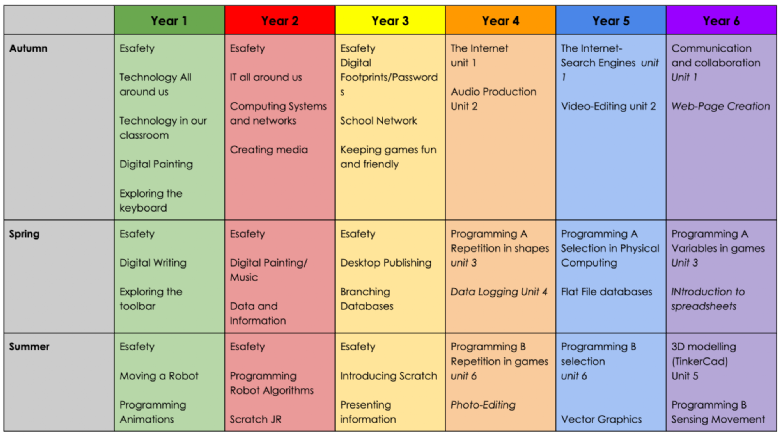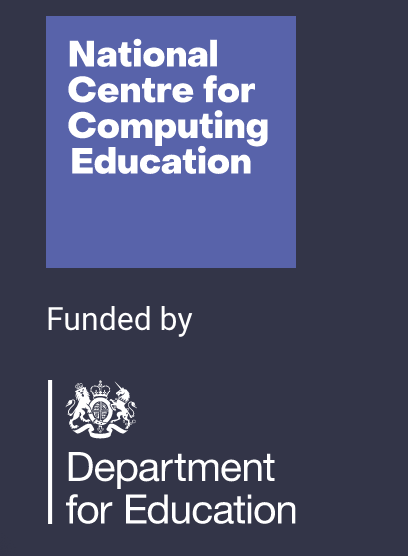Computing
“Innovation is the outcome of a habit, not a random act.”
A high-quality computing education equips pupils to use computational thinking and creativity to understand and change the world. Computing has deep links with mathematics, science and design and technology, and provides insights into both natural and artificial systems. The core of computing is computer science, in which pupils are taught the principles of information and computation, how digital systems work and how to put this knowledge to use through programming. Building on this knowledge and understanding, pupils are equipped to use information technology to create programmes, systems and a range of content. Computing also ensures that pupils become digitally literate – able to use, and express themselves and develop their ideas through, information and communication technology – at a level suitable for the future workplace and as active participants in a digital world.
Our vision for pupils at Leighton is to embed computing in as many learning opportunities as possible. This will enable children to have concrete experiences of when and how to use digital media in their everyday lives. Through engaging and stimulating experiences, children will learn knowledge and skills to develop their love and understanding of technology, software and hardware. In the ever-changing digital world, we aim to provide children with life-lasting skills and knowledge to use technology safely throughout their lives. We hope to encourage a passion and love for computing through to secondary school and beyond.
Curriculum:
Our computing curriculum aims to evolve at the same rate as the digital world around us and teaches children to be ready for and to embrace these changes. Updated annually, our children learn how to confidently use the Internet and digital devices to enhance their learning, share with others and develop computational thinking skills. This year we are following the 'Teach Computing' created by the National Centre for Computing Education.


Early Years Foundation Stage:
For our very youngest learners in reception we aim to give children a broad, play-based experience of computing in a range of contexts, including outdoor play. Computing is not just about computers. Early years learning environments feature computing scenarios based on experience in the real world, such as in role play. Children gain confidence, control and language skills through opportunities to ‘paint’ on the whiteboard or drive a remote-controlled toy.
KS1 & 2:
Children in Key Stage 1 and 2 have access to a class set of laptops each week and have access to a class set of iPads.
